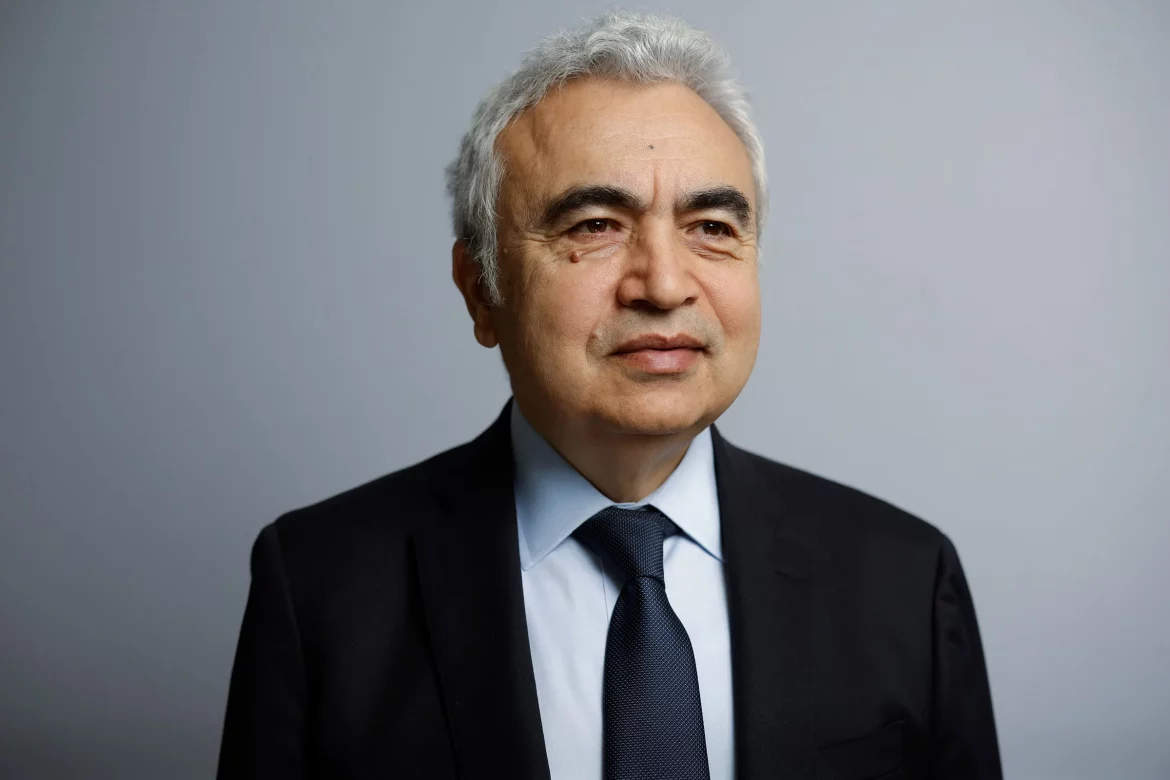The chief of the world’s energy watchdog has said that the prospects of the world staying within the 1.5C limit on global heating have brightened owing to the “staggering” growth of renewable energy and green investment in the past two years.
Fatih Birol, executive director of the International Energy Agency and the world’s foremost energy economist, said that alot more needed to be done but that the rapid uptake of solar power and electric vehicles were encouraging.
“Despite the scale of the challenges, I feel more optimistic than I felt two years ago,” he said in an interview. “Solar photovoltaic installations and electric vehicle sales are perfectly in line with what we said they should be, to be on track to reach net zero by 2050, and thus stay within 1.5C. Clean energy investments in the last two years have seen a staggering 40% increase.”
He however noted that greenhouse gas emissions from the energy sector were “still stubbornly high”, and that the extreme weather seen around the world this year had shown the climate was already changing “at frightening speed”.
Recall that the IEA, in a report entitled Net Zero Roadmap, published on Tuesday morning, also called on developed countries with 2050 net zero targets, including the UK, to bring them forward by several years.
Read also: Macron launches ‘ecological plan’ to end France’s use of fossil fuels
Among other things, the report found “almost all countries must move forward their targeted net zero dates”, which for most developed countries are 2050 – though some have closer dates, such as Germany with 2045 and Austria and Iceland with 2040 – and for many developing countries are much later, at 2060 in the case of China, and 2070 in India’s case.
Birol said that Cop28, the UN climate summit which will be held in Dubai this November and December, offered a key opportunity for countries to set out tougher emissions-cutting plans, adding that he hopes to see “Cop28 agree a tripling of renewable energy by 2030, and a 75% cut in methane from the energy sector by the same date,”.
Birol also warned that the geopolitical situation, with many nations at loggerheads over the war in Ukraine, and still frosty relations between the US and China, would make for a difficult summit.
He said: “The most important challenge [to limiting temperature rises to 1.5C above pre-industrial levels] is the lack of international cooperation. Cop28 is a critical juncture, and should send a strong signal to energy markets that governments are taking the climate seriously. They should move to reduce the consumption of unabated fossil fuels.”
He further called for Cop28 to agree a doubling of energy efficiency. “To reduce fossil fuel emissions, we need to reduce demand for fossil fuels. This is a golden condition, if we are to reach our climate goals,” he said.
Story was adapted from the Guardian.
